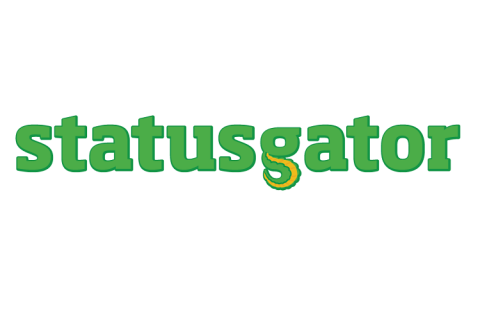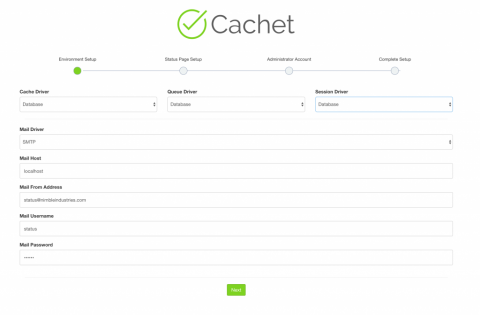GDPR Episode 2: A New Privacy Policy
What does it take to write a GDPR compliant privacy policy? It was easier than we realized! This is a continuation of our series on ensuring StatusGator complies with the terms of the European Union’s General Data Protection Regulation. The GDPR has very specific requirements for privacy policies. Companies must provide clear and accessible information about the personal data they collect and what they do with it.









